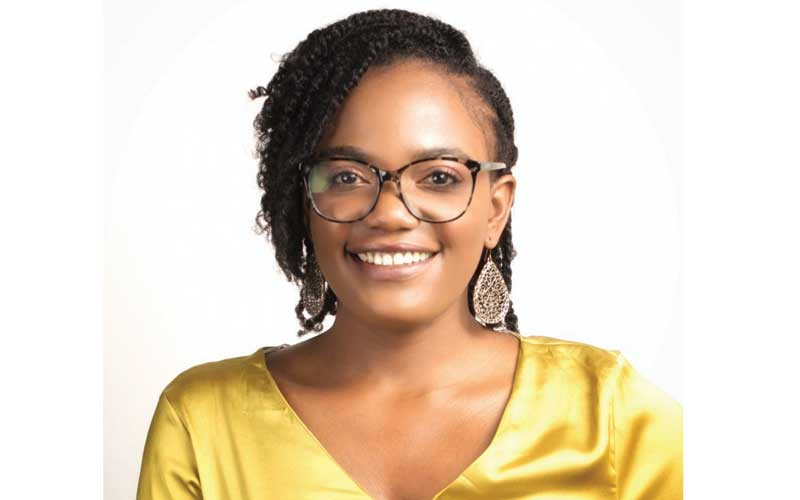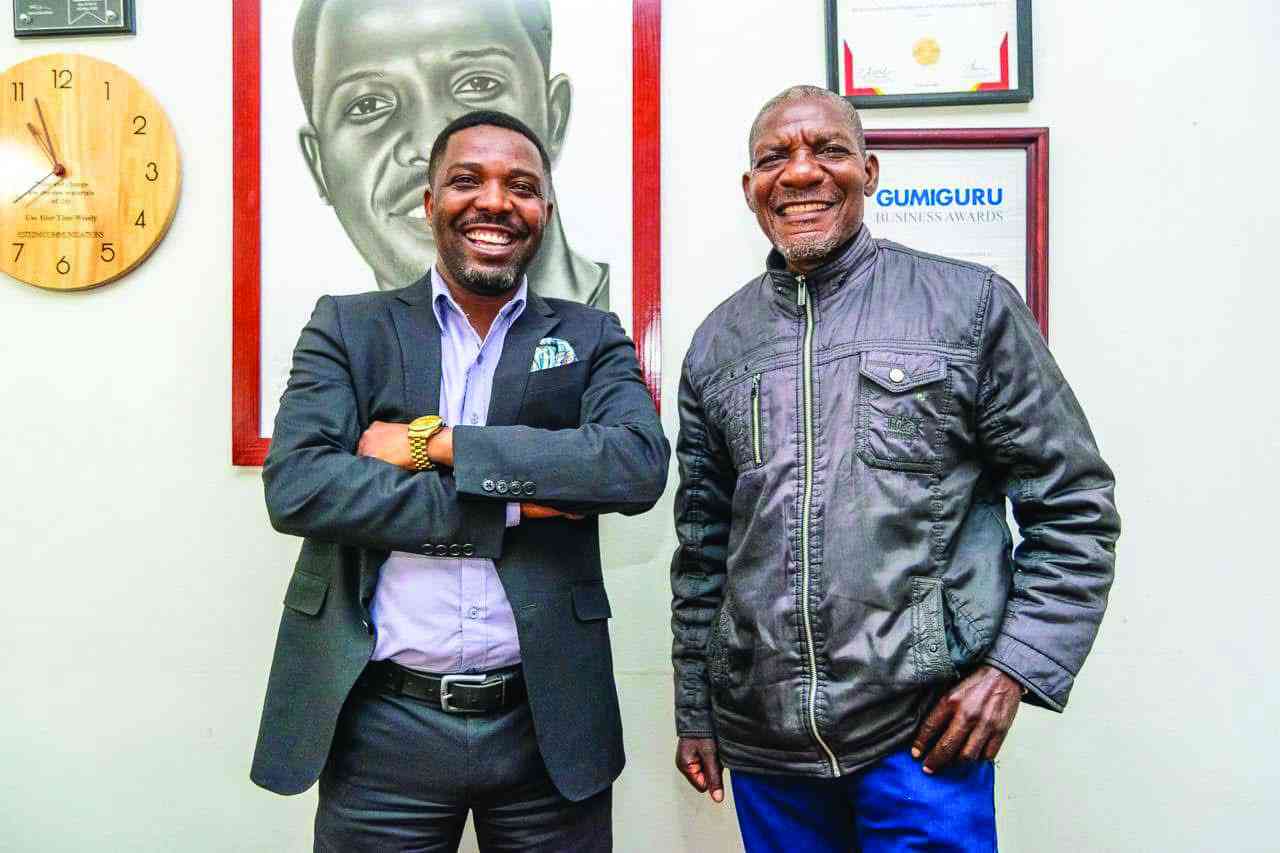
MANDIKUDZA Tembo has turned the academic research for her PhD studies into an arts exhibition.
Tembo’s PhD research, which centred on menstrual health, was exhibited as Mwedzi art showcase at Pikicha gallery in Helensvale last week.
The event was aimed at exploring and understanding the menstrual experiences of women across Zimbabwe through art and design.
The competition was open to girls and women of all ages who had to answer the exhibition questions through their craft.
What does menstruation mean to you? What have you experienced during menstruation and how have you managed challenges and made your menstrual experiences better? Such were the questions that the artists responded to.
Tembo said the Mwedzi art exhibition was part of her post-doctoral research thesis, which focused on how women and girls are suffering from bleeding disorders or pain associated with menstruation and a lot of them suffer in silence.
"So l wanted to continue my research and the menstrual experiences of girls and women in Zimbabwe and use the information to go back to health professionals and stakeholders and tell them some of the issues women are facing in order to build a curriculum that addresses the needs of women in the community,” she said.
Tembo added that the use of art in raising awareness was a success.
- Feature: Climate change financing a tall order for Zim
- In Conversation With Trevor: Mashumba: Women farmers need a lift
- In Conversation With Trevor: Mashumba: Women farmers need a lift
- Hope Masike embarks on a nationwide book tour
Keep Reading
"It's important that we are able to share important information about menstruation by using art and it has proved to be successful. I was surprised by the attention and participation in the exhibition,” said Tembo.
Pikicha Gallery art curator Tamuka Chigeda said the event was very insightful and educative for both the participants and the patrons.
"From a menstrual health perspective, obviously being a man there is a lot you might not know about the topic and it is a conversation that generally is not talked about and is considered a taboo in our society to discuss menstrual health, it was very insightful especially when the ladies talked about their journey for example when Ariana Jani, the people's choice award winner explained her experience when she first had her period," he said.
Nyamasoka came out as the winner of the competition, with Merilyn Mushakwe and Tinotenda Munhumutema coming out as the first and second runner up respectively and the people’s choice award went to Ariana Jani.
Mikaela Nyamasoka described her art piece explaining the three questions that were to be represented through the art competition.
"Well for me my period days are the gloomiest and saddest, this is depicted by the dark grey clouds in the background of the painting," she said.
"My period is always accompanied with pain, which not only feels like a knife stabbing my uterus, but also as if it's surrounded by barbed wire constricting and letting blood out. I'm not the only one who experiences a lot of period pain.
"Each month, it feels as if I'm being punished for not getting pregnant. However, to manage the pain, I rely on pain relievers to lessen the blow, such as Ibuprofen. I also experience heavy flow, which at times feels as if I'm filling up a bloody river. The little details on the pads package read "Heavy Flow." I use sanitary pads, which are meant for a heavy flow to avoid leakage and minimize changing times. This has been my experience with menstruation so far,” said Mikaela, explaining her winning piece.
According to Merilyn Mushakwe, the first runner up, through her art description, she said as she matured she learnt to love her body and appreciate the change it came with including the menstrual cycle. And she had accepted and celebrated herself as a woman and embraced her periods as a symbol of her womanhood which is sacred and powerful.
The second runner up Tinotenda Munhumutema said her artwork described a young lady surrounded by all her tools for her cycle which helps her to remain composed and at ease with the outside world.
The coordinator from Ardent Creative Paul Gwatidzo said there were 104 entries and every piece was visually appealing and had powerful messages behind them.
"Women have incredibly insightful stories to tell about their menstrual journeys. We wanted to host this event to amplify these voices and spark meaningful conversations around menstrual health in Zimbabwe," he said
The event was coordinated by Ardent Creative in association with The Health Research Unit Zimbabwe and the London School of Hygiene, Tropical Medicine and the Art of Health programme; an initiative which uses creative arts to engage young people in health matters.










